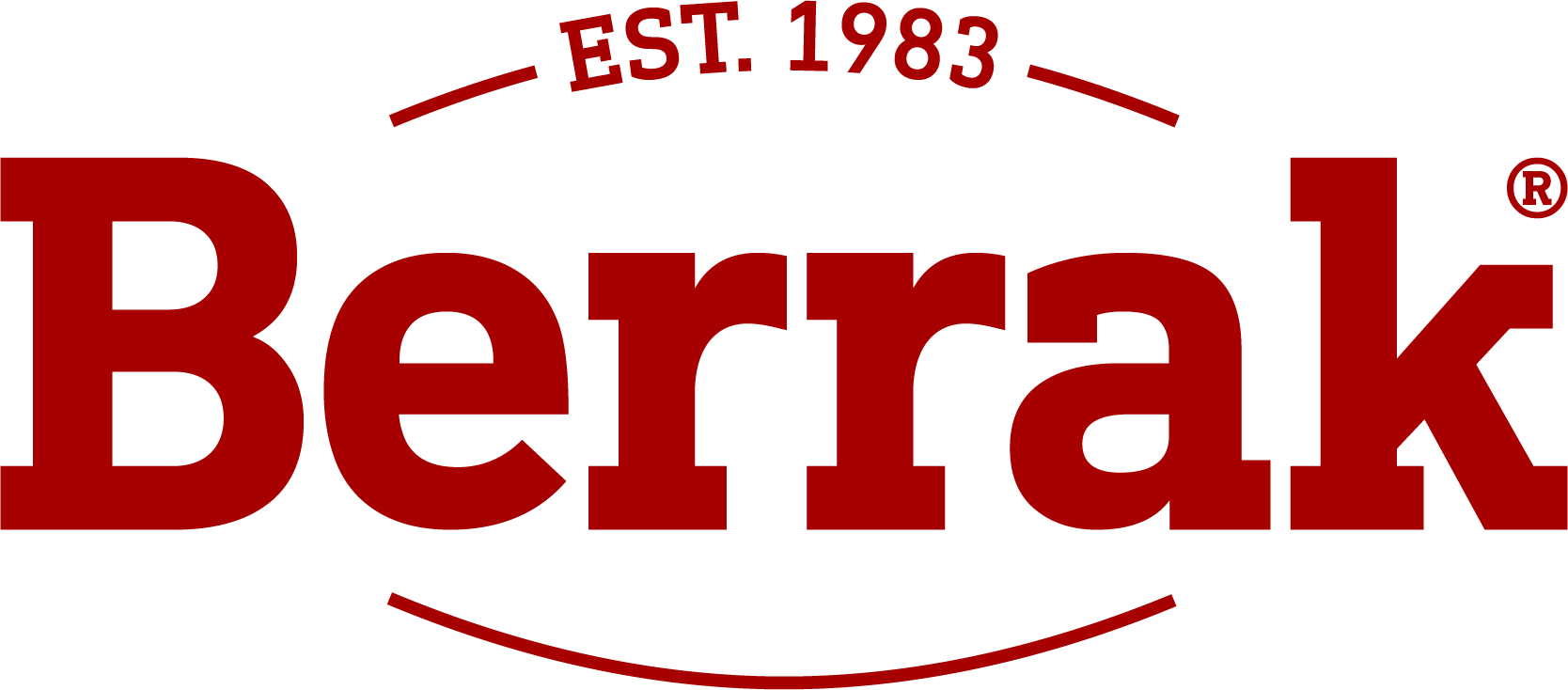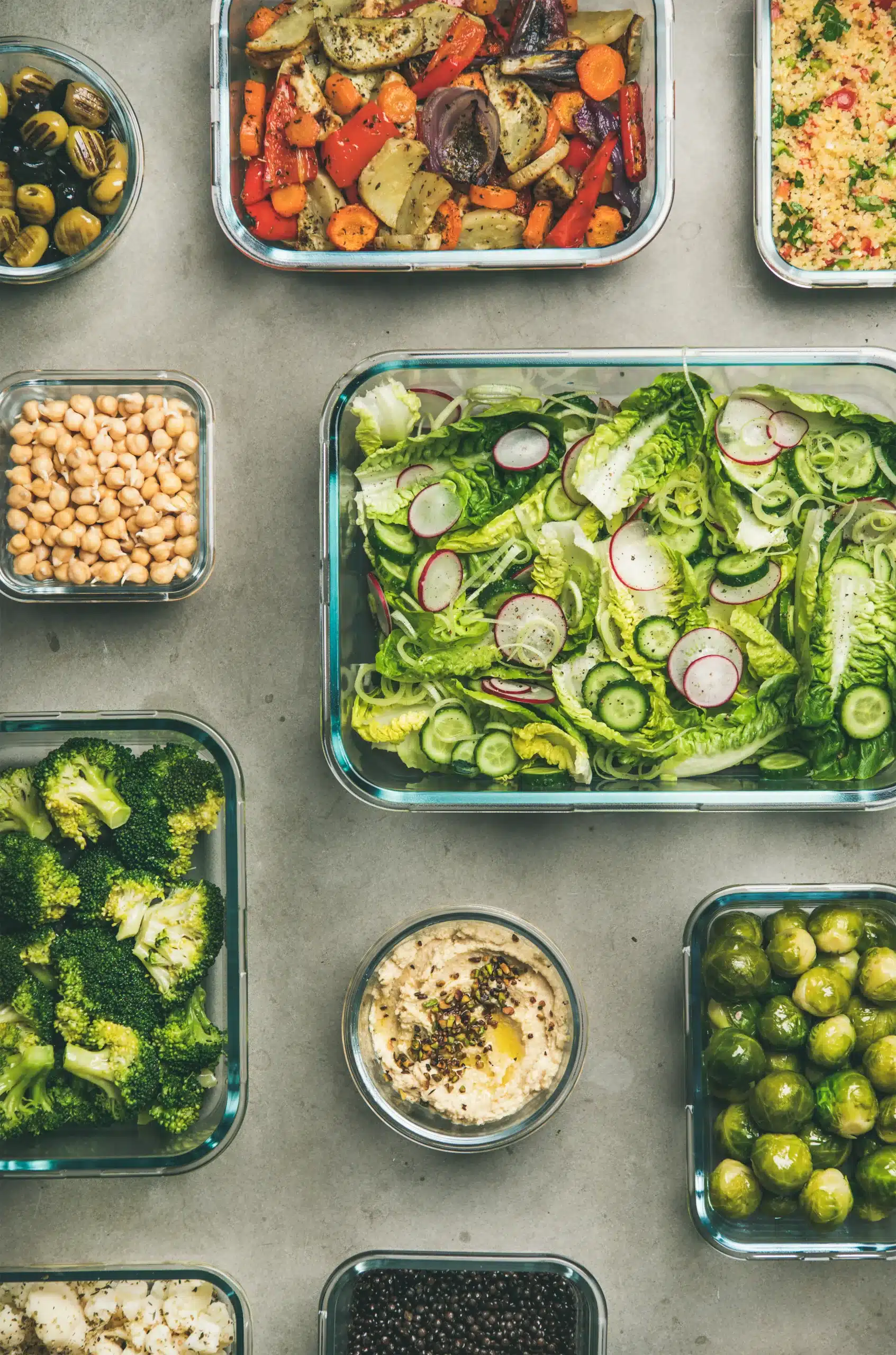In the hustle and bustle of daily life, preparing delicious meals can often feel time-consuming. However, by incorporating a few simple meal prep and storage tips, you can make your kitchen time more efficient. Streamlining your meal prep process and properly storing ingredients not only saves time but also conserves energy. Here are some practical tips to enhance efficiency in your kitchen!
1. Prepare in Advance: The Key to Saving Time
When creating your weekly meal plan, prepping some ingredients in advance can significantly reduce the time spent in the kitchen. For example, chop vegetables like lettuce, carrots, and bell peppers on Sunday and store them in airtight containers in the fridge. Similarly, portion and freeze meat to make it easier to use during the week. This way, you’ll have ready-to-use ingredients at your fingertips, saving you valuable time during meal prep.
2. Make Freezer-Friendly Meals
Freezer-friendly meals can be a lifesaver during busy days. Prepare soups, stews, meatballs, or stuffed eggplants in advance and freeze them in individual portions. When needed, simply thaw and reheat for a quick and convenient meal. Frozen vegetables like peas, green beans, or cauliflower are also practical options. Blanch them beforehand, freeze them, and save time during meal preparation.
3. Organize Your Fridge
Properly storing and organizing ingredients and meals is key to preventing food waste. Arrange your fridge so that you can easily see what’s inside, categorizing items like meats, dairy products, vegetables, and fruits. Place items with approaching expiration dates at the front to ensure they’re used first. A well-organized fridge not only keeps your ingredients fresh but also helps you stay on top of your meal planning.
4. Use Jars and Storage Containers for Organization
Using jars and storage containers can bring both practicality and elegance to your kitchen. Store dry goods like grains, beans, rice, and spices in jars to maintain freshness and create a tidy space. Similarly, portion cooked meals into storage containers and refrigerate them for quick and organized meal prep.
5. Extend Shelf Life with Proper Storage Techniques
Proper storage is essential to preserving the freshness and quality of your ingredients. For instance, wrap leafy greens in paper towels to absorb moisture and store them in the fridge for longer freshness. Keep bananas at room temperature instead of refrigerating to slow down ripening. To extend the shelf life of avocados, coat them with lemon juice and store them in an airtight container in the fridge.
6. Portion and Store Meat and Fish
Portioning and freezing meat and fish before cooking can speed up your meal prep process. Divide them into meal-sized portions and store them in freezer bags or containers. This way, you only defrost what you need, minimizing waste and saving time.
7. Cook in Batches for Multiple Meals
Cooking larger portions of meals like soups, rice, or pasta can save you time and effort. For example, a pot of soup prepared for dinner can also serve as lunch the next day. Leftover rice can be turned into fried rice or stuffed vegetables for variety. This approach helps you create diverse meals while reducing kitchen time.
8. Utilize Time-Saving Kitchen Tools
Investing in time-saving kitchen tools can streamline your meal prep process. Blenders, food processors, microwaves, and vegetable peelers can significantly shorten prep time. For example, quickly chop vegetables with a food processor or blend soups for a smooth texture. These handy tools make cooking easier and more efficient.
9. Repurpose Leftovers
Using leftovers creatively not only reduces waste but also saves money. Turn leftover boiled vegetables into salads or soups, or transform leftover rice into a stir-fry. Experimenting with leftover ingredients can inspire new recipes and add variety to your meals.
10. Plan Your Meals to Maintain Organization
One of the most effective ways to stay organized in the kitchen is by creating a weekly meal plan. Decide what to cook each day and shop accordingly. With a plan in place, you won’t waste time figuring out what to prepare, allowing you to dive straight into cooking.
By incorporating practical meal prep and storage tips, you can save both time and resources in the kitchen. Properly storing ingredients, repurposing leftovers, and planning meals in advance can make your time in the kitchen more efficient. With these strategies, you’ll enjoy a more organized kitchen and the satisfaction of preparing delicious meals with ease!


